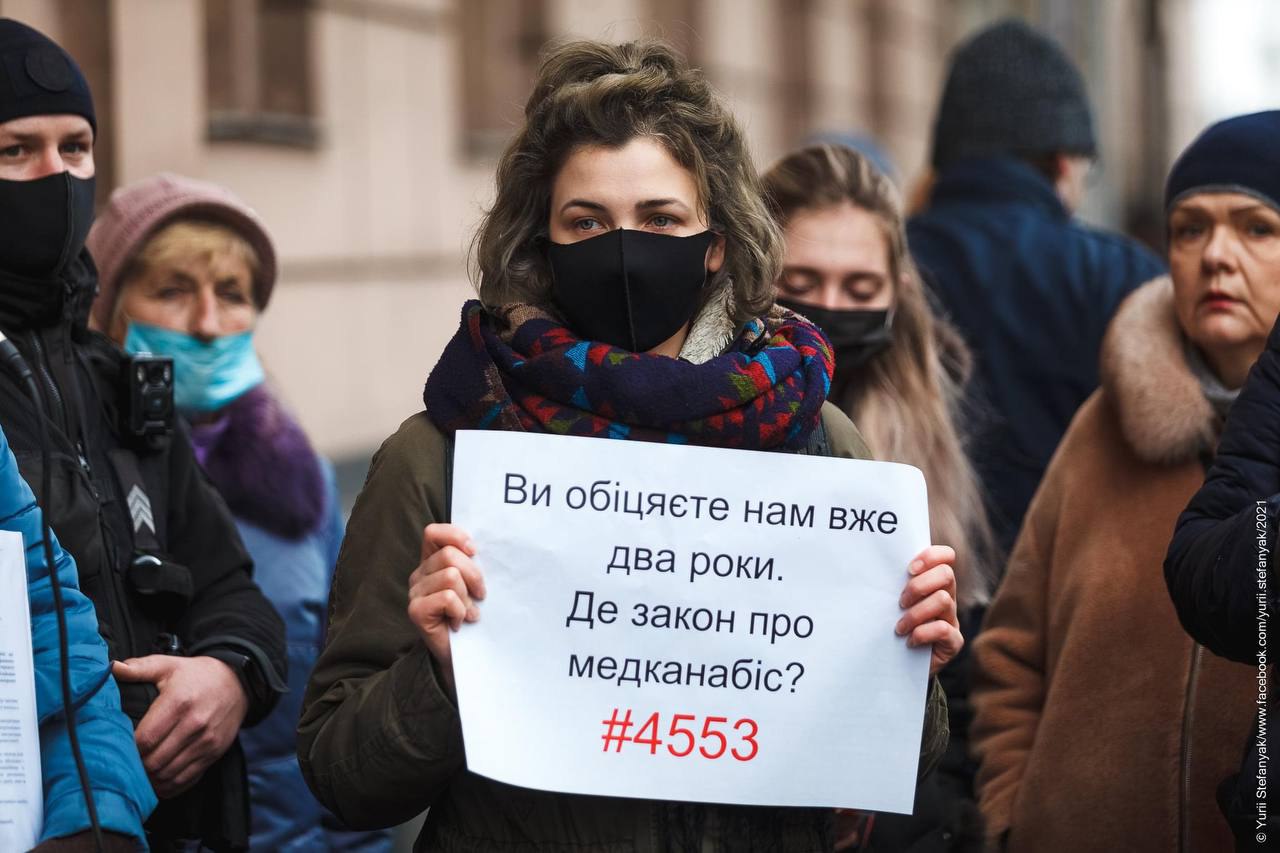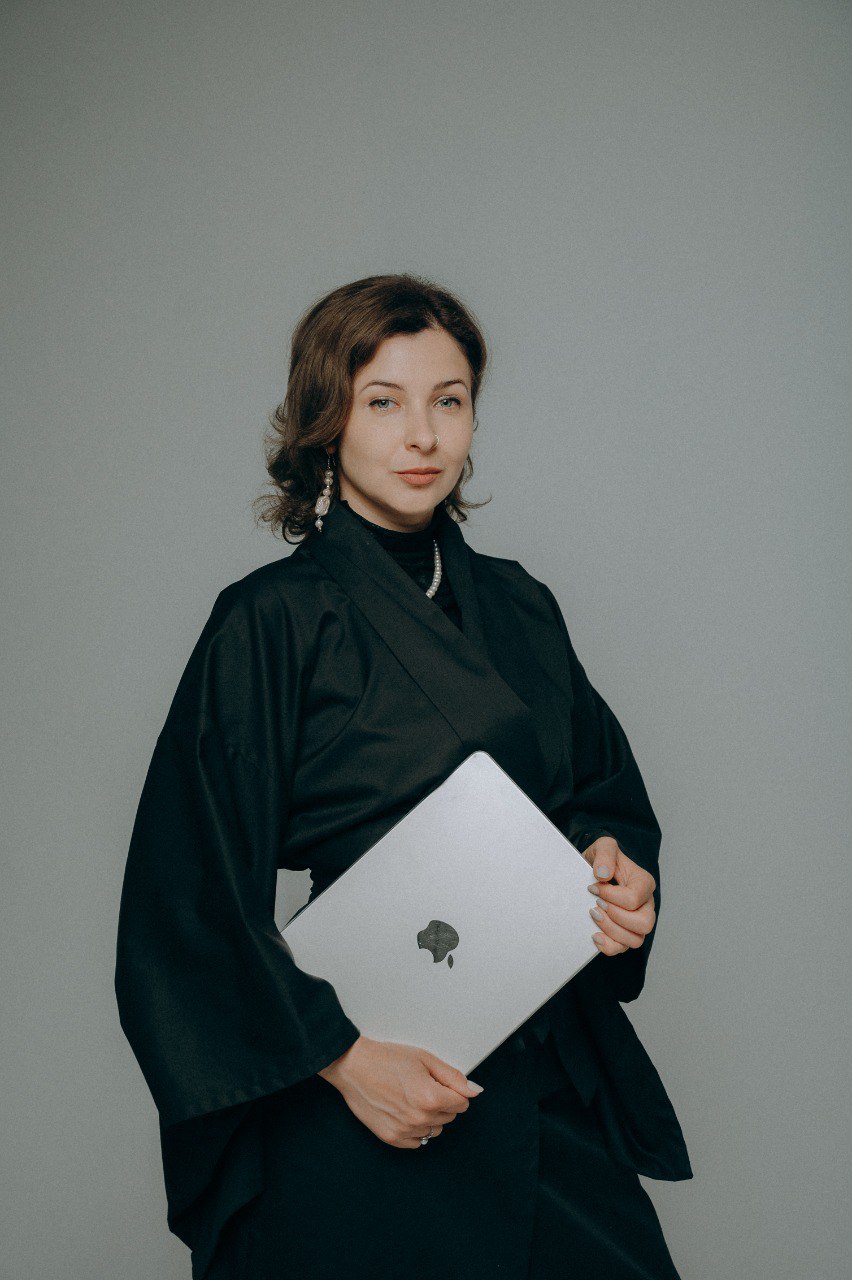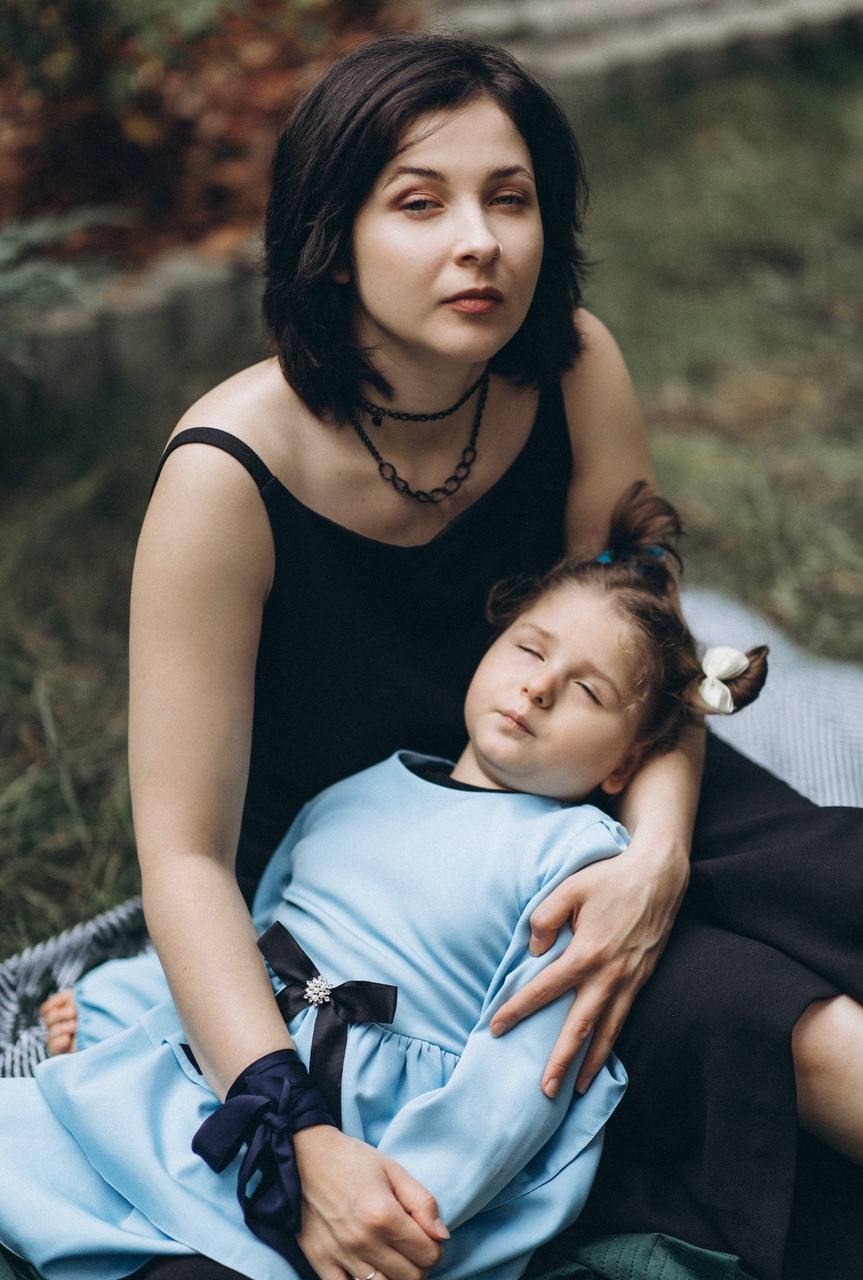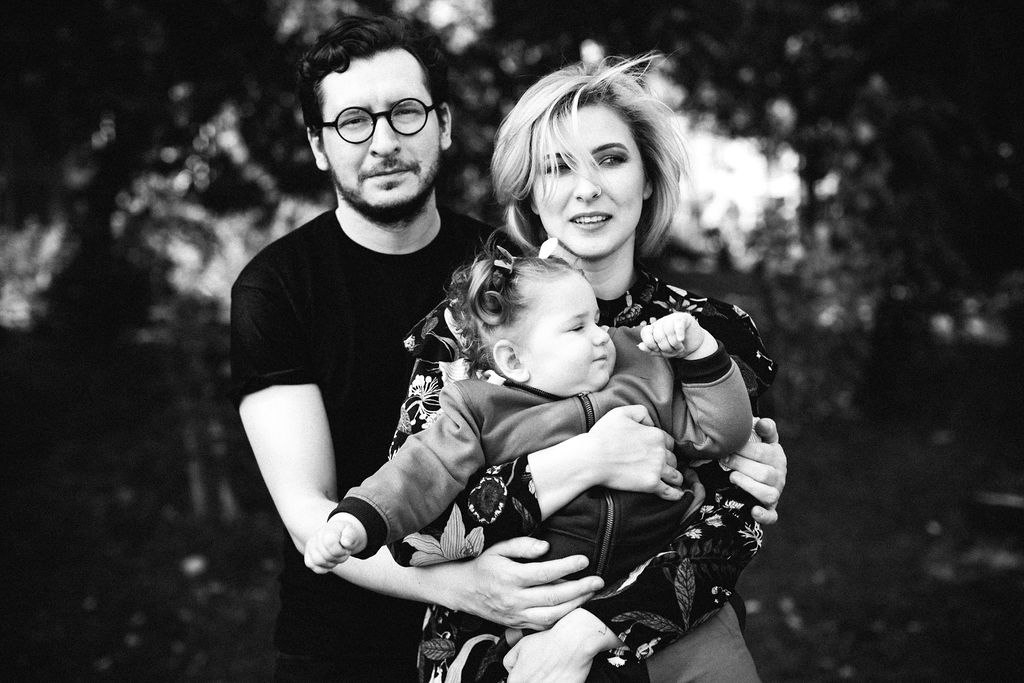We spoke with Niya Nikel, a public health expert at the Ministry of Health on mental health issues and a member of the accessibility expert group, about the projects of the Epiprosvita public organization and her personal principles of resilience. Read more in our interview.
– Tell us about your professional journey to Epiprosvita. What did you do before?
– I’ve changed my profession seven times in my life. But for the past 12 years, I’ve been working in communications. I’m also a co-owner of several businesses. At the beginning of the war, I wrote a book and am now expecting its publication with Creative Women Publishing. It’s a book about how to be happy, regardless of the circumstances around you.
When was Epiprosvita created and what were its goals at the time of its creation? In April 2021. At the time of its creation, there was only one goal – the legalization of medical cannabis. So you could say that we are the first organization whose goal has been achieved (smiles).
It was important for me to create a public organization because when you are just an activist, an individual, your voice weighs less. Initially, our charter even stated that we are an informational public organization and have no financial accounts. The war made its adjustments – our warehouses with medicines for epilepsy were destroyed. We managed to find several funds that purchased medicines, and some funds helped with money. Then I had to open financial accounts and expand our activities. Now we have many directions. Only one of them deals with medicines.
– How many people are on your team?
– There are seven people now, three of whom are fundraisers. There is also an accountant, a communications specialist, a community manager, and me. When there are ten of us, we will be able to form departments and a supervisory board, and then there will be a more distributed management, which is always better for organizations.

– What challenges did you face on the way to achieving your goal?
– If we talk about medical cannabis, it’s one big challenge altogether. There was both social resistance and conflicts between the public organizations themselves.
Our organization takes care of people with epilepsy. Unfortunately, for all the years of independence, there was only one powerful medical organization, UPL (Ukrainian Anti-Epileptic League), and a patient organization, “Seeing with the Heart”. Together with UPL, we want to completely systematize EEG. This study is very necessary for epilepsy, but currently, if you live in one part of Ukraine and go to another part, you will have to retake EEG in each new place. You can do it qualitatively in three state hospitals across Ukraine, and all the others are private, where it will cost 16 thousand hryvnia. And that’s just one analysis.
This is just one element, but it requires 5 years of work. There are many problems that we are fighting. On the positive side – great active parents, doctors, interested authorities.
The projects I mentioned now are mostly advocacy projects. It is very difficult to find a sponsor for them because advocacy cannot be touched. It is much cooler to buy diapers and take pictures, to distribute them, than to advocate for us medicines that will appear in three years. Who will feel this victory in three years?

– How do you find funding? You mentioned that you have donors. Who are they?
– How do we find donors? At the beginning, I wrote to all my friends on Facebook that I was collecting “apocalypse riders” (laughs) and it costs a thousand hryvnia per month. And so I gathered 26 of these “riders”. This is our backbone. These are the 26 thousand hryvnia that the accountant and one manager cost. That is, if we lose any funding, our public organization can continue to function independently of grants and other sources.
Plus, when we receive grants, this money just accumulates. And this is our free money that we can spend on something that we consider important. For example, now we have made a magazine for mothers of children with disabilities. Initially, we planned 500 copies. And now we have over a thousand applications, and we can take this free money and just print more.
The third point is donations through the site. We collect them too. We have a WFP system that we use. We publish articles there, and we offer to donate if the article was useful. We agreed with the chief marketer of Kyiv Independent that he would audit our site and help us better fundraise money through the site, and in general, better show our projects. And now we are developing a brand of adaptive clothing that will be a social enterprise. And as we know, a social enterprise cannot make a profit, it must be directed either to self-development or to charity.

– What personally motivates you to continue working in this field?
– My daughter Eva. We were forced to leave for abroad. Because in Ukraine now, education is inaccessible for her. She also has a VNS stimulator. This is unavailable in Ukraine. I’m not even talking about any transport.
I want to return to Ukraine, but on the condition that my child will be fine there, and not worse than where she is now. And this is my personal motivation. But this is also a large-scale issue that concerns other children. And I am sure that this is the motivation of other mothers who have founded public organizations. Because, as always, women have to rule this world and make it better for us (smiles).
– What skills or personal qualities help you stay afloat in this field?
– Firstly, I am a business person, I can quickly find a common language with business representatives. Secondly, this is a skill that Eva gave me. I learned to understand people’s emotions and in the moment of negotiations change my strategies, depending on the emotions of the interlocutor. And thirdly, of course, the fact that I am from the field of communications, so we are a fairly visible public organization, we create products that are interesting for mothers of children with epilepsy and for people with epilepsy themselves. This is important because we have the principle of “nothing for them without them”.
And I am also very charged by people’s feedback. We have a project to employ mothers of children with disabilities. And it’s a total euphoria when they share their insights, tell how they changed their lives in four weeks.
– What are your plans for the future?
– We want to build the first inclusive town in the Khmelnytsky region. It will be a school for children with high levels of disability, and around it a completely adapted town where people with disabilities can move around independently, live a free life. Plus, the parents of these children will be retrained and gain economic independence.
We already have an agreement with the Khmelnytsky region, so we are now starting the fundraising stage.

– What book would you recommend reading?
– Over the past month, I’ve read three books. Or rather, I listened to the audio versions. I have time for this when I clean or go to the store. This is a good solution for people who need to combine many tasks. The first book is “Reforma zdorovoyi lyudyny” by Vira Kuriko. I recommend reading it to everyone who works in the medical system. She explains what happened to Ulyana Suprun, how the medical reform went and what its essence was.
The second is the book “Inclusion” by Ganna Horodetska. About the essence of the work of evening school. I warn you – it is very depressing. And recently I started listening to Max Kidruk’s “Colony”. I don’t know if I can recommend it, because I’m only at the beginning.
– And the last question. What people inspire you?
– I am inspired by my colleagues. I can also mention Raisa Panasyuk, an activist from Vinnytsia. Unfortunately, she has already passed away. But her achievement is that Vinnytsia became the most inclusive city in Ukraine.
I am very motivated by Yulia Savchuk, who is the head of “Fight for Right”. She is a person with a disability and made it to the top 100 influential women of the British BBC. I am also inspired by Inna Ivanenko, who is the director of “Patients of Ukraine”, who contributed to the fact that we had a medical reform.



